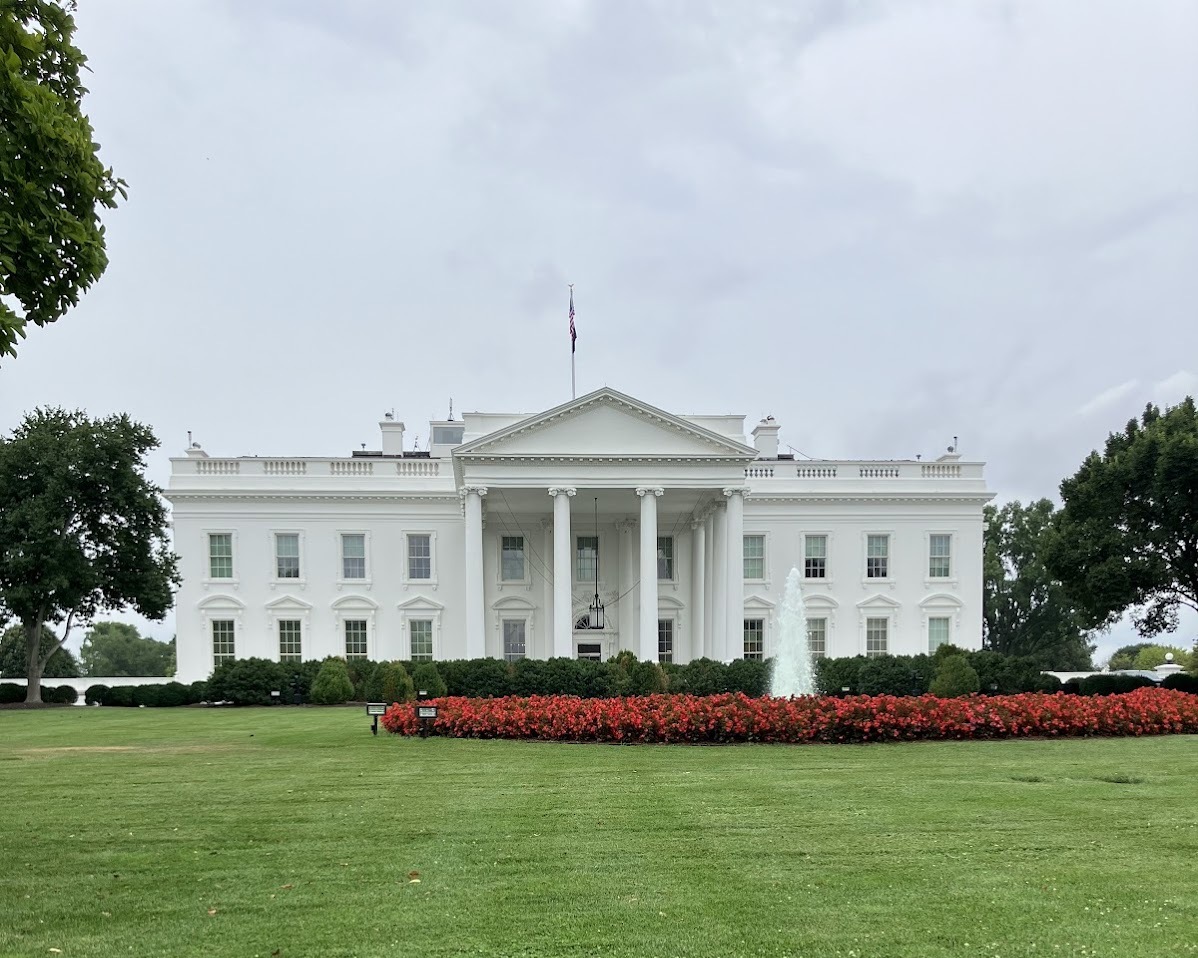Rarely in American politics, especially nowadays, do you see presidents from opposing parties agree on substantive issues. However, on January 20, it appeared that Presidents Joe Biden and Donald Trump shared one major common belief: a belief in the power and utility of the presidential pardon.
On that morning, in a literal 11th-hour move, Biden preemptively pardoned members of his family just minutes before Trump was sworn in as the 47th president. The previous night, Biden also preemptively pardoned officials like Dr. Anthony Fauci and General Mark Milley and members of the House Select Committee on the January 6 Attack. Then, hours later, the freshly sworn-in Trump issued pardons and commutations for thousands of protestors who took part in the attack on the Capitol on January 6, 2021.
Both of these men’s actions point to a deep flaw that is embedded in our Constitution — the power of one man to unconditionally overrule an entire branch of government. Each had their concerns and reasoning for their pardons. Biden feared political retribution from an emboldened Trump administration, and his pardons were a way to protect his allies. Trump viewed the prosecution of many January 6th actors as a weaponization of the justice system by Biden against his supporters and his pardons righting a wrong.
Whether or not either of these claims is valid or true is completely debatable. These concerns are in addition to the questionable legitimacy of Biden’s “preemptive” pardons, an unprecedented move that could embolden Trump and future presidents to do the same for all of their officials and friends as they leave office. However, what each of these two men has done (especially Biden in further expanding the application of the pardon power) is effectively quash the judicial branch of government.
In our government classes, we preach the value of our divided government with checks and balances that ensure power is distributed evenly and to prevent no one man from wielding authoritarian-like influence. Traditionally, Americans have frowned upon moves to unbalance these scales, such as packing the courts to dilute the judicial branch’s power or using massive executive orders to circumvent the legislative branch. Yet, we turn a blind eye when the president unilaterally decides that the judicial system was (or will be) wrong and overrules them.
The judicial system can certainly be wrong at times. For example, for decades, the Supreme Court maintained that black people were not citizens of the US after its precedent in Dred Scott v. Sandford. Yet, the power to decide when the judicial branch is right and wrong should not belong in the hands of just one person. Who is the president to be playing with the scales of justice as they please? At the very least, Congress should be able to review and revoke presidential pardons.
There is practically no other major power of the president that has absolutely no check. The president’s veto can be overridden by a ⅔ majority of Congress, his appointees be struck down with a simple majority and his policies forcefully redirected with new legislation. Even executive orders can be struck down by the courts when challenged. The president can not take us to war, approve treaties or spend the government’s money without Congressional approval. Yet, when a president chooses to pardon someone, there is nothing Congress or the judicial system can do.
The power of the president to pardon people is specifically outlined in Article II, Section 2 of the Constitution. The only way to rescind that power is with a Constitutional amendment. However, a gaping loophole of this size calls for a solution of this magnitude. Passing a Constitutional amendment in the current political landscape is not easy — it requires ⅔ of both houses of Congress and the approval of ¾ of the states.
There are many problems with American democracy right now. However, the presidential pardon is one problem with a quick and easy solution. If we want to be the idealistic system of freedom and democracy we proclaim ourselves to be in our textbooks, the first step should be to balance our branches of government, making sure that no one man can silence an entire branch of government.









